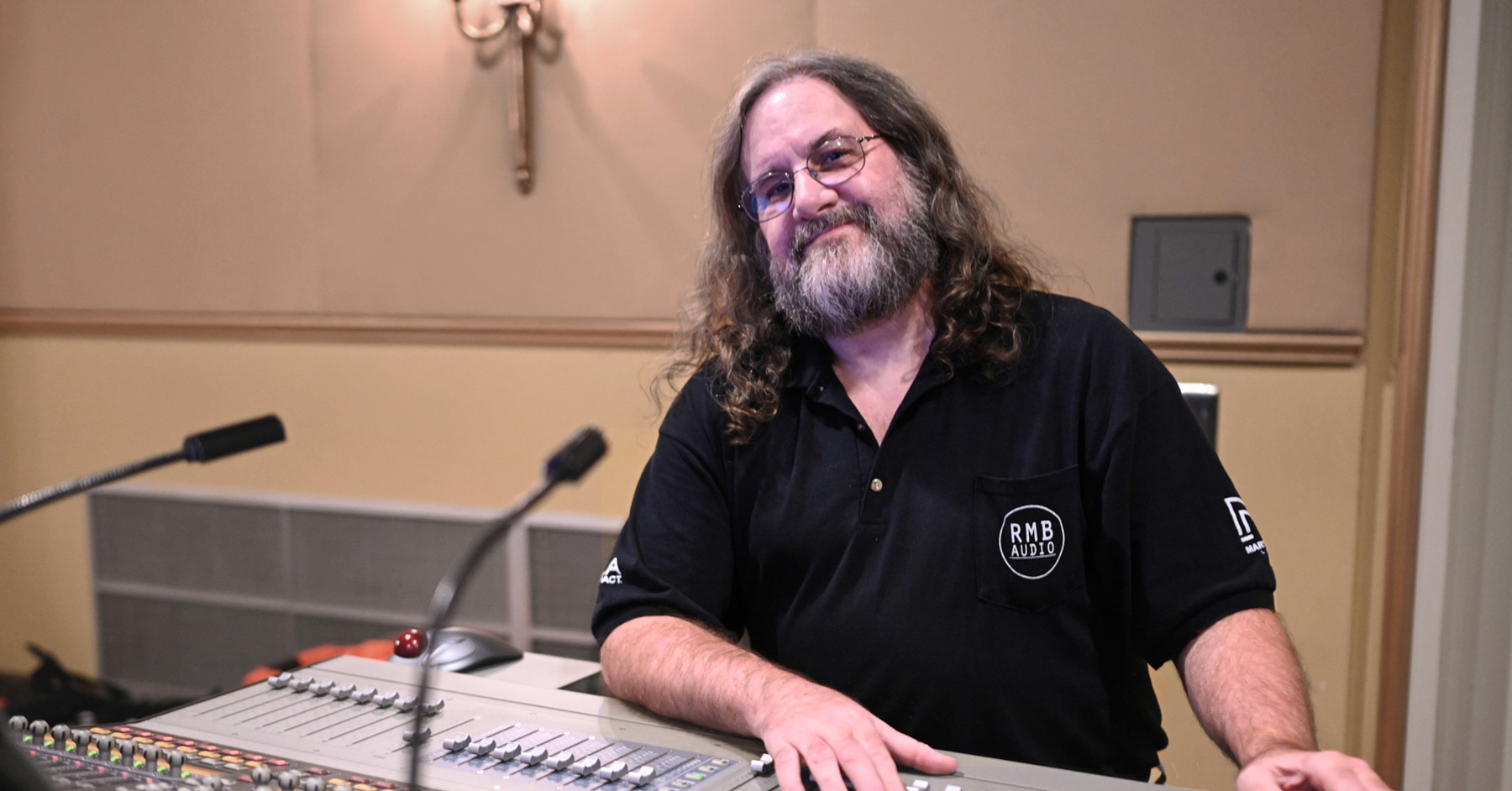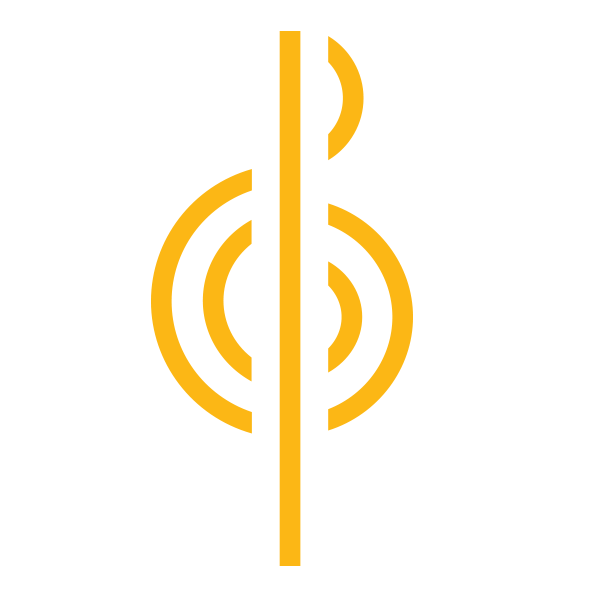Running sound for a festival can be very different than a regular show — more acts, less tour support, and often a variety of different setups. Moogfest 2019 was no exception. Add to that some of the brightest minds in electronic and experimental music re-thinking sonic conventions, and the job becomes even more challenging. We spoke with Wayne Sowder from RMB audio, Front-of-House engineer at the Carolina Theater, Moogfest’s largest venue, about how he handled the lineup, the gear he used to make it sound great and his advice for how to build a rapport with artists.
The HUB: Tell us a little about some of the unusual setups you’ve worked with over the past few days.
Wayne Sowder: We've had everything from a Theremin with Dorit Chrysler, to Money Mark, who brought in two drum sets, one of which was played robotically. He also utilized an old-time piano roll reader interface, powered by a vacuum cleaner to generating MIDI content that triggered multiple synths. Patrick Gleeson, the first night here, was very interesting, because of his pioneering work with synthesizers going back to the mid-'60s. William Basinski’s set-up included an old ¼” tape machine using a desk mic stand for a capstan to create an actual tape loop. At Moogfest, I often see atypical methods used to produce intriguing soundscape.
The HUB: Tell us a little about the process of working with festival artists.
WS: Well, hopefully, they've sent me prior information on what they're doing. It's known as a rider. Tonight’s show is Kelly Moran. She's given me a little bit of information. She's using a “prepared” grand piano, and a laptop. She placed screws between selected strings in the piano which dramatically transformed the sound. We sound-checked her early this morning, she gave me a set list and discussed how she wanted to be sonically presented. We worked for nearly an hour to achieve her desired tonality.
I want to accurately amplify an artist's vision. I don't want to cloud it or change it. So, that does become challenging when you haven't heard the person before. Which is often the case. Many times, YouTube and Google are my friends for doing a little research ahead of time. Who are they? What do they do? What kind of style are they doing? What kind of idea, presentation do they want to do?
Most of the artists here don't have crew, so you're dealing directly with the artist. You've got to make a connection to where a bond of trust exists — that I'm interested in making sure that they are presented as best they can, and then they have to trust that I'm competent at doing that. The worst thing you can have is an artist that's not feeling like they're being respected or trusted by the tech crew. Whether you like the music, don't like the music, or you’ve never heard the music before, you still need to give your 110% so that the crowd will be able to enjoy the artist's presentation.

The HUB: Tell us about some of the gear you’re using.
WS: Good quality gear helps a lot. We're fortunate here with this, actually. We're using the Shure Axient wireless system, which I can't say enough good things about. It sounds amazing and it's reliable, which is a challenge in today's wireless environment.
We're using AVID VENUE Profile consoles. Just a great console, it's basically a computer. So, you're able to do a lot of different variations on the fly, which is important with these shows, because you're never going to know what's exactly going to come up and surprise you.
[I’m a] big, big fan of Radial DIs. That's almost become an industry standard. We also have Neumann and DPA microphones.
The HUB: What is your key to festival success?
WS: Patience. (laughs) Because the worst thing that can happen is you get frustrated, you get upset, and that spirals to everyone around you. So, as long as you can keep your cool when there is lightning and storming around you, it helps keep the artist comfortable, and enables them to give their best performance.
The HUB: Any final words of advice to other engineers out there?
WS: Don't be afraid to ask questions. Talk to people who you see doing what you do. Use your ears. Listen. Listen critically to not only the music that you like, but the music you don't like, because doing what I do as an engineer … We're a live sound company, you're constantly exposed to different music. In the past couple of weeks I've done Angelique Kidjo, which was just fabulous, The Gloaming, which was Irish music … I did Toshi Reagon. Incredible show, acoustics, spoken word, just diverse. And so the more you can expose yourself to, the better prepared you'll be to be able to understand what the artist is trying to express.








































































































































